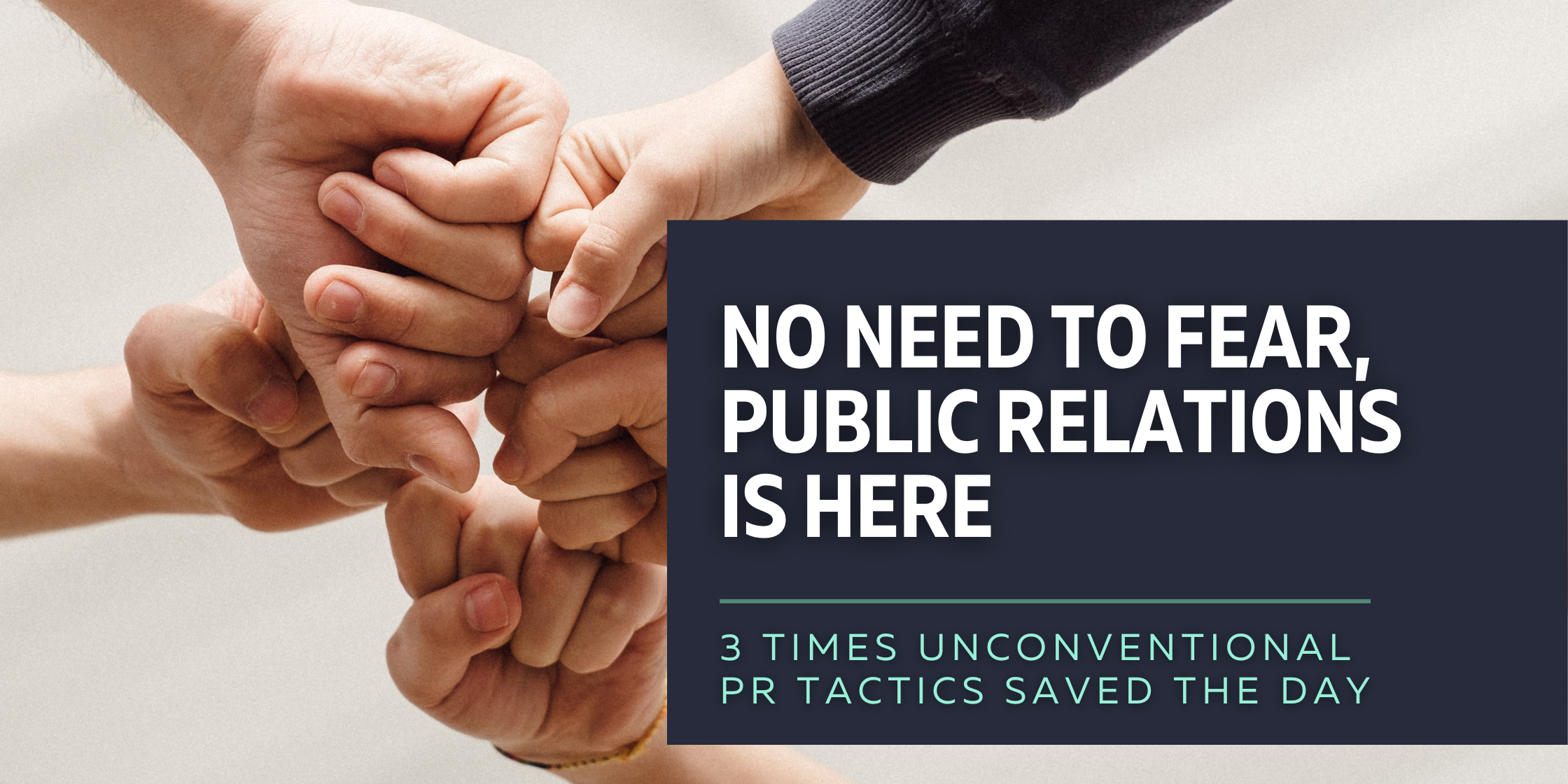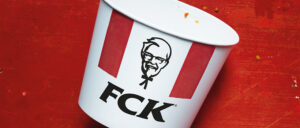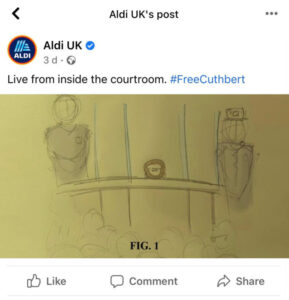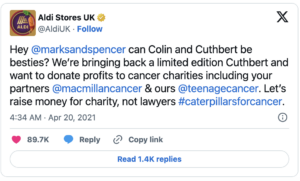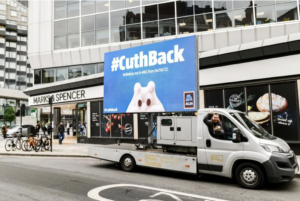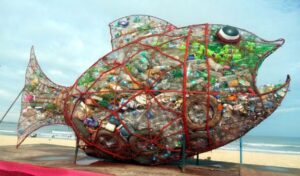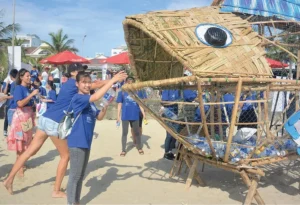3 Times Unconventional PR Tactics Saved the Day
As a business owner, you should know that there’s a pretty good chance that you’ll have to deal with a crisis at some point – and it may not be any fault of your own. (Take the Tide Pod fiasco for example; who could have expected that? Talk about turning the tide …)
Whether it be a nationwide product shortage, a copyright infringement, or an altogether misunderstanding that’s rocking the boat, PR is your first line of defense. A solid crisis communications team is a game changer, but occasionally, a certain chaos ensues that even the most intuitive of PR experts could not have prepared for. When this happens, it’s time to get creative. In this blog, we highlight some of our favorite times unconventional PR tactics have saved the day.
A Cluckin’ Nightmare
Problem:
In early 2018, KFC found itself in an unprecedented situation that posed a serious threat to the brand’s reputation and customer loyalty. What happened? Well, they ran out of chicken. Due to supplier issues, the UK experienced a nationwide shortage of chicken that resulted in the closure of over 800 KFC restaurants.
Response:
Enter KFC’s PR team, responding with a creative, transparent, and hilarious strategy. They dropped a full-page ad in British newspapers featuring an empty bucket with a twist – the initials rearranged to spell “FCK.” A brilliant move that said, “Yeah, we messed up, but we’re owning it.” The brand leveraged social media to maintain open communication, keeping customers informed and addressing their concerns. This unconventional approach wasn’t just an apology – it was a strategic move to take control of the narrative and convey accountability, all with a sprinkle of humor to soothe ruffled British feathers.
Result:
The “FCK” ad appeared in The Sun and Metro, totaling a combined readership of nearly 6 million – but its reach doesn’t end there. The ad prompted more than 700 press articles and TV discussions, reaching a combined audience of 797 million people around the world. The “FCK” image reached an additional 219 million on social media, catapulting the campaign’s reach to over 1 billion within three months – all from one single press ad.
In the weeks following the campaign launch, KFC restocked, restored, and reopened. However, KFC did not return “back to normal.” Evidence suggests that this ad not only saved the brand’s image – it improved it. According to data from YouGov BrandIndex, KFC’s brand impression score among consumers dropped by nine points at the time of the shortage, from -2 to -12, but has since returned to -1, which Amelia Brophy, head of brands at YouGov, said underlines the success of its brand recovery. Importantly, Brophy added that KFC’s impression score was barely troubled by the shortage crisis, dropping only a few points at the time. Its score of 57 is actually one point higher than it was pre-crisis.
The Caterpillar Cake Crisis
Problem:
In 2021, Aldi found itself in legal trouble following its release of Cuthbert the Caterpillar, undoubtedly inspired by Marks & Spencer’s iconic chocolate cake – Colin the Caterpillar. M&S accused Aldi’s Cuthbert of trademark infringement, concerned about potential consumer confusion over sourcing standards.
Solution:
Like KFC, Aldi took to social media with a series of hilarious posts, responding to the “Marks & Snitches” lawsuit with witty posts. Using hashtags like #FreeCuthbert, Aldi even turned the courtroom drama into a social media spectacle, posting a ‘courtroom sketch’ that showed Cuthbert the Caterpillar seemingly in court.
Aldi’s crisis response strategy was more than just some lighthearted social media posts – it emphasized a commitment to charity and camaraderie. Due to the lawsuit, Aldi halted production of Cuthbert. However, it capitalized on all the publicity by relaunching a limited edition Cuthbert the Caterpillar cake. This time though, all profits would be donated towards charity partners Teenage Cancer Trust and Macmillan Cancer Support – who also happen to be charity partners of M&S.
Even in this, Aldi held true to its humorous approach to the lawsuit by calling on M&S to “take a stand against caterpillar cruelty” and tweeting the following:
After a 10-month debate, Aldi and M&S settled the lawsuit but declined to give further details. An M&S spokesperson said, “The objective of the claim was to protect the IP in our Colin the Caterpillar cake and we are very pleased with the outcome.” As for Cuthbert, an Aldi spokesperson said, “Cuthbert is free and looking forward to seeing all his fans again very soon!” In fashion with the entire cheeky campaign, Cuthbert announced his return via an advertising truck. Where was the truck parked, you may ask? Right outside an M&S store.
Result:
According to Aldi, #FreeCuthbert is the most effective social media campaign in their history. It resulted in a 30% increase in following on X (formerly known as Twitter), generated 1,400 pieces of written coverage, boosted social media engagement by an average of 15%, reached 35 million people on Facebook, elevated Aldi’s media sentiment by 8.5%, and lowered M&S’s by 134%. The campaign was covered on the UK’s top media outlets including BBC Breakfast, Good Morning Britain, and This Morning. The most impressive part of it all? Aldi didn’t spend a dime on this campaign.
Feeding Yoshi
Problem:
An estimated 2.6 million tons of plastic waste is floating in our ocean as you read this blog. Pollution is a global issue – but for Malpe Beach, India, it was personal. Malpe Beach beachgoers littered the beach so heavily that locals had to take action. After many failed attempts, the littering was still present – a “Pick Up Your Trash” sign just wasn’t cutting it.
Solution:
In a stroke of genius, Malpe Beach hired a local artist to create a life-size, trash-eating fish named Yoshi. In typical PR fashion, this project was all about community while giving a nod to the arts too. Yoshi transcended aesthetics, serving as a large trash can and encouraging visitors to dispose of plastic responsibly. Yoshi debuted on World Environment Day, devouring plastic collected during a beach cleanup.
Result:
Social media buzzed with the tale of Yoshi the Fish, and the campaign quickly grew in popularity. One fish turned into two and two into three – and soon, the trend spread across the world. People even have adopted the fish bin into their homes, making their own! Although the effects of the Yoshi-inspired trash bins are hard to measure on a global scale, the individual effects of this personal approach are game-changing, boosting tourism, increasing pollution awareness, and, most importantly, helping save our marine life.
Creativity is key, and the most off-the-wall ideas can sometimes be the most effective PR tactics. Make a joke, make a donation, make a trend. Do whatever it takes to make things right again – and you might even surprise yourself and make them better than before.
Sincerely,
Your friendly neighborhood PR firm, Flourish
Can’t get enough? Check out more crisis management examples here.
Interested in PR for your business? Connect with us here!

